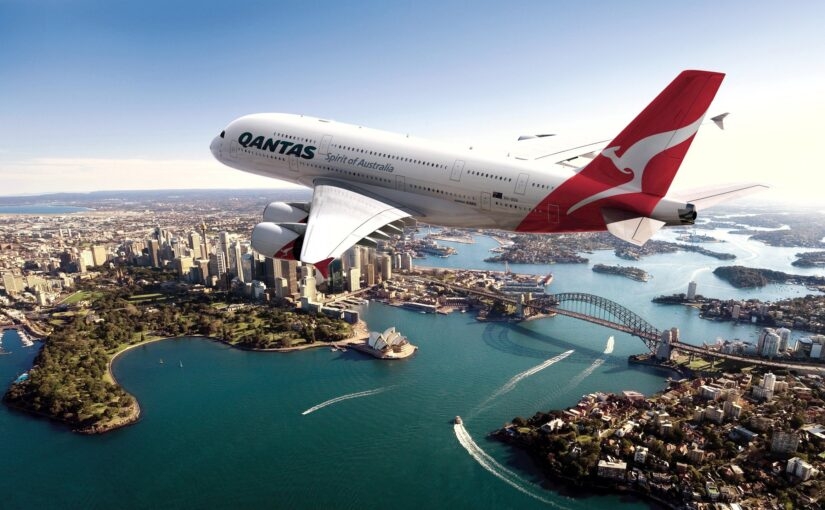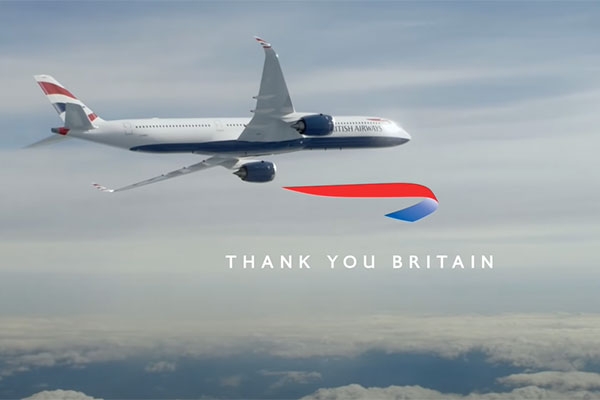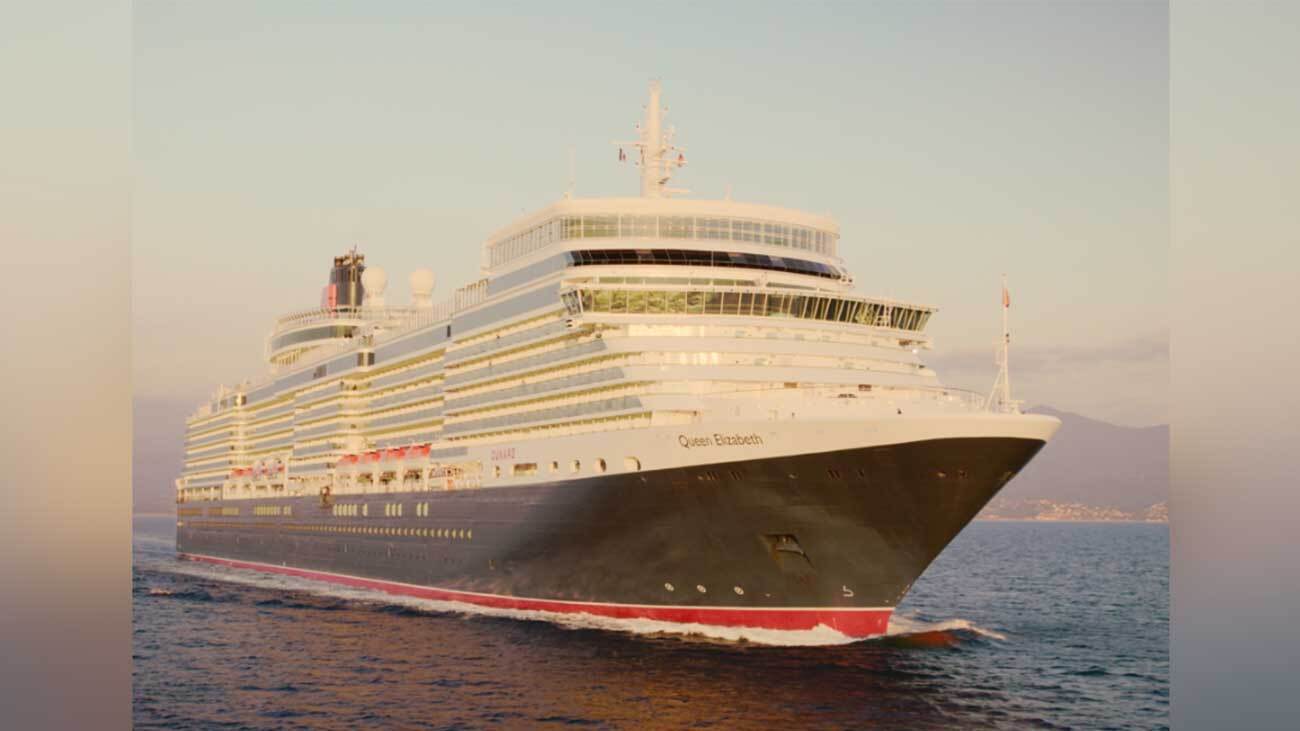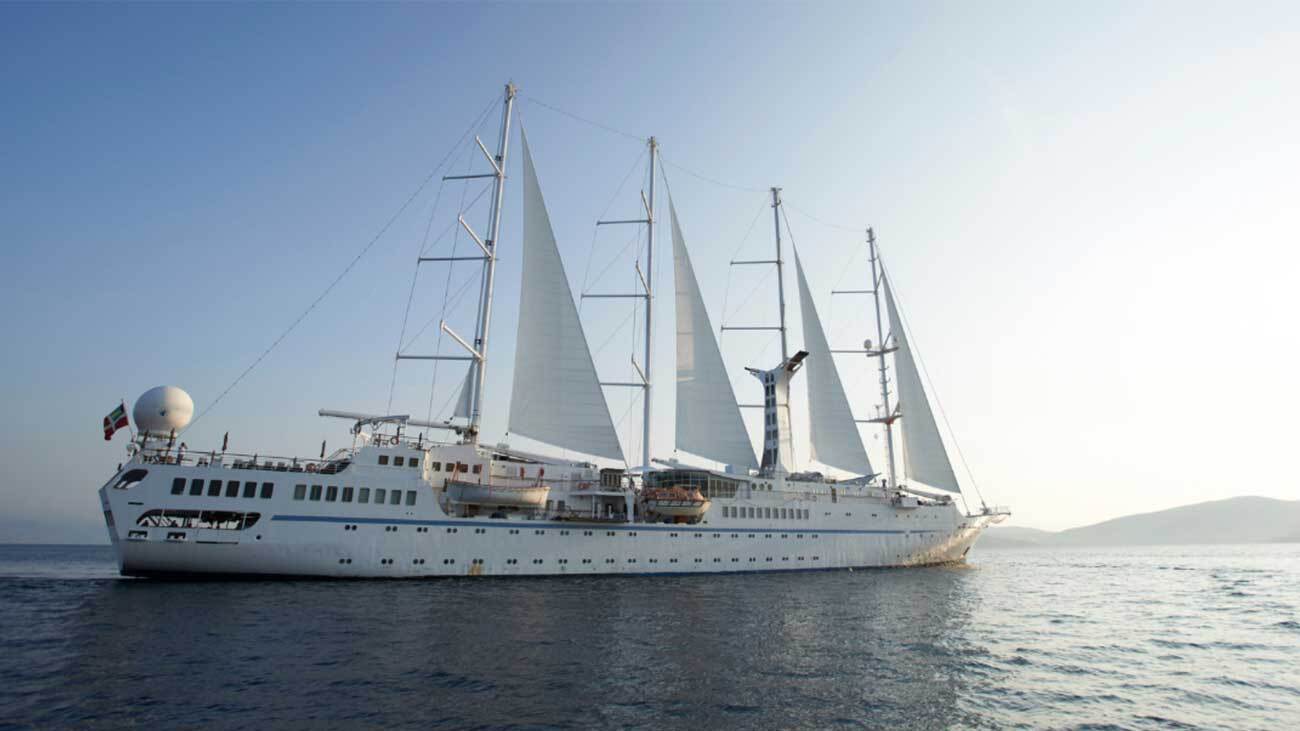Qantas on course for non-stop Sydney/Melbourne-London flights in 2026
Qantas Group saw annual profits fall despite its international network returning to pre-Covid capacity in May with plans for more extra long-haul non-stop routes in 2026.
The Australian company, which also operates budget arm Jetstar, saw underlying pre-tax profits decline by 16% to A$2.08 billion (£1.08 billion) in the 12 months to June.
A drop in international revenue of 11% came in the face of rivals raising post-pandemic capacity.
This offset revenue from additional flying as Qantas said earnings from its international services “moderated” to A$775 million “as the return of global airline capacity put downward pressure on fares”.
“The Qantas Group returned to pre-Covid international capacity in May 2024, with the return of more aircraft, including two more A380s,” the company said.
“The revenue from this additional flying was offset by an anticipated increase in competitor capacity, which resulted in an 11% reduction in unit revenue, although the decline slowed in the second half.”
However, the performance and popularity of non-stop Perth-London, Perth-Rome and Perth-Paris flights “continue to provide confidence in the launch of non-stop flights to London and New York from Melbourne or Sydney, with the A350- 1000ULR expected to arrive in mid-2026”.
Group international unit revenue is expected to fall 7-10% heading into the current half year as market capacity continues to restore “however this rate of decline is expected to slow” across the full 2024-25 period and turn positive in the fourth quarter.
Qantas added: “The group is seeing the benefits of the biggest fleet renewal programme in its history, with 11 new aircraft arriving over the past year.
“This will increase again, with 20 new aircraft due to arrive in the coming year, and the return of the remaining two A380s over the next 18 months.”
Qantas Group chief executive Vanessa Hudson said: “This result shows the underlying strength of the group’s integrated portfolio.
“Qantas benefited from increased corporate and resources travel and ongoing high demand for international premium seats while Jetstar delivered its highest result as it grew to meet increased demand from price-sensitive leisure travellers and saw the benefits from its new aircraft.
“The investment in operational reliability and customer initiatives delivered a positive improvement in on time performance and customer satisfaction with Qantas ending the year as the most on time major domestic airline.”
She added: “Our strong financial performance and balance sheet will allow us to continue to invest in our largest ever fleet renewal program, which will benefit our customers and people, as well as delivering shareholder returns.
“These investments come at a time when Australians are continuing to prioritise travel over other spending categories, with intention to travel over the next 12 months remaining high.”









